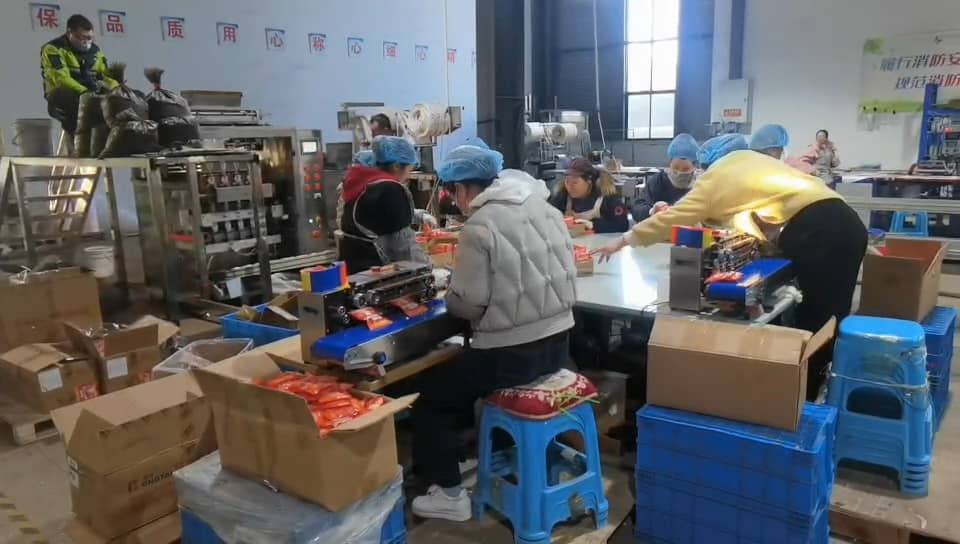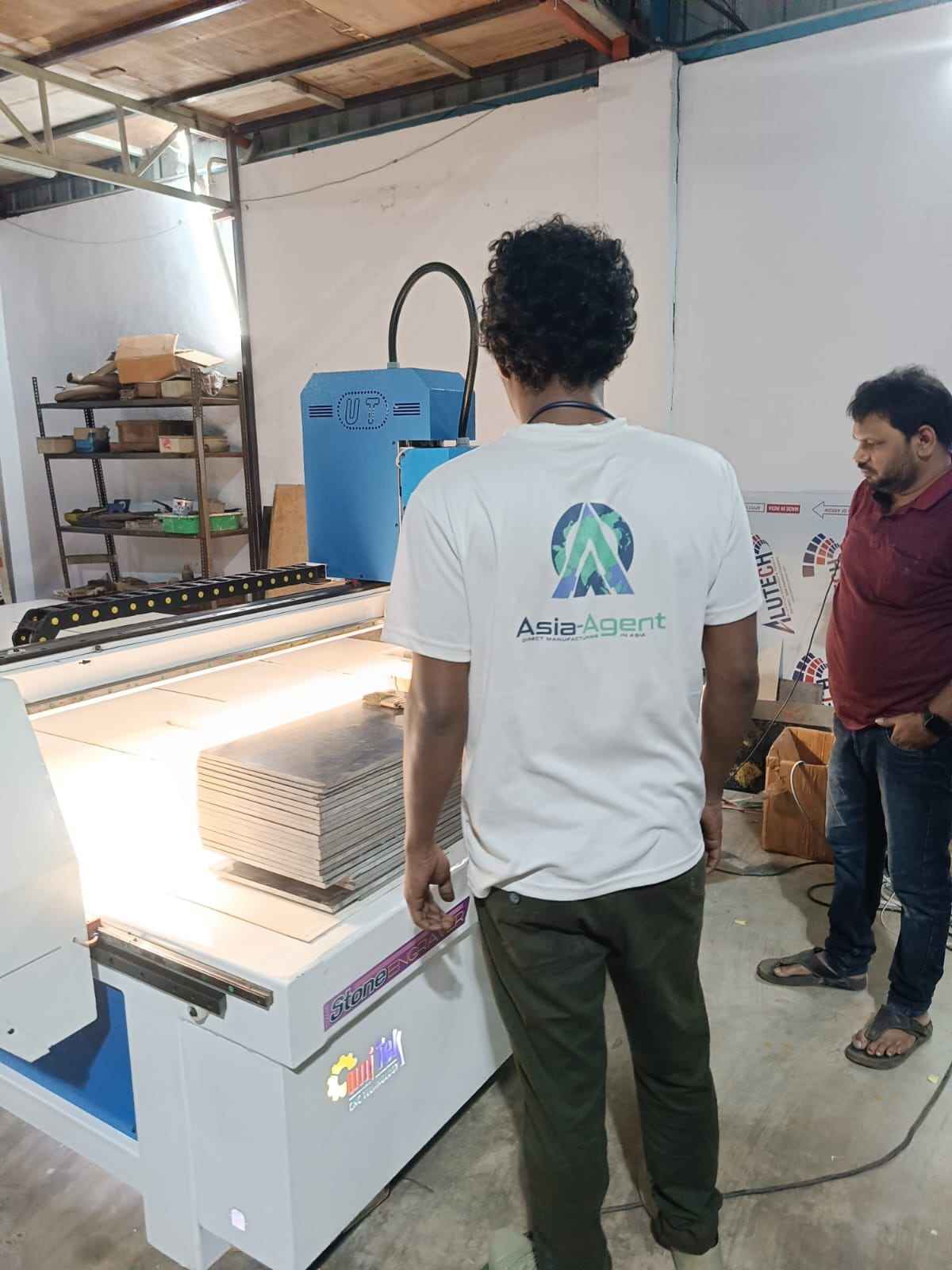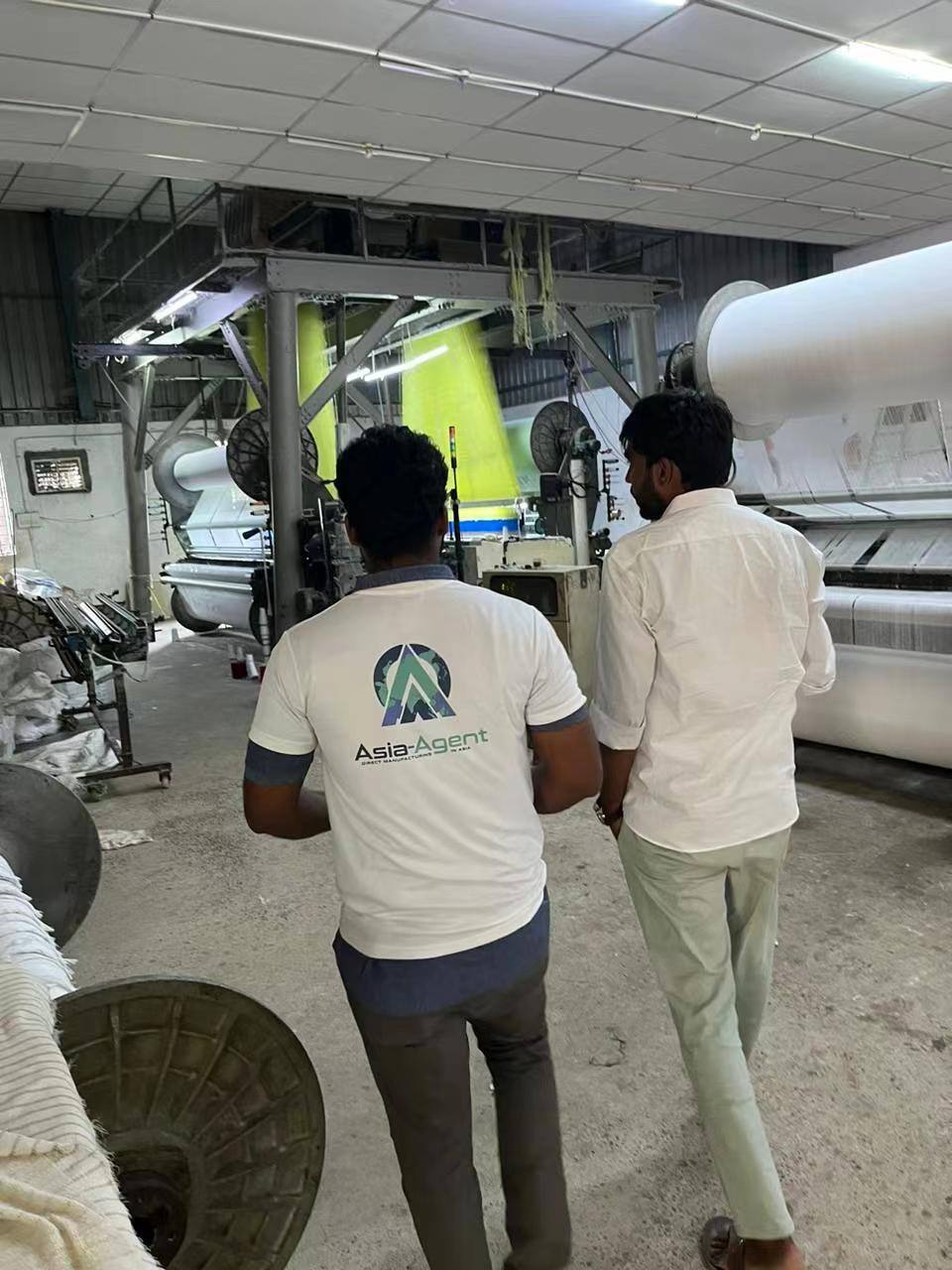What the Vietnam–U.S. Trade Deal Really Means for Global Manufacturing
They thought they moved to Vietnam. Their boxes said Vietnam. Their tariffs said China.
Welcome to the new rules.
1. What You Actually Pay Now
There’s no official U.S. document. No PDF. No chart.
Just a string of posts, leaks, and shipping invoices that don’t match.
China
Most importers still don’t know if they’re paying 35%, 55%, or somewhere in between.
- Section 301 = 25%
- Add dumping, ADD/CVD, and other fees = 35–56%
- Trump says it’s 55%. No official update.
Your customs broker is guessing. Your supplier is hoping.
Vietnam
This one's clear—at least for now:
- 20% tariff if the product is genuinely made in Vietnam
- 40% if CBP suspects you just rerouted Chinese goods
That’s it. Two numbers. One rule.
If your factory is in Vietnam, but your fabric, zippers, thread, and foam come from China, and Vietnam just stitches it together?
You’re paying 40%.
If you cut, sew, form, weld, mold, or assemble in Vietnam and add real value—CBP might let it through at 20%.
They’re not checking your shipping label.
They’re checking your BOM.
2. Vietnam Is Not China. That’s the Point.
Price
- Labor is cheap. So are land and rent.
- Tooling costs more. Scaling takes longer.
Quality
- Garments, furniture, rubber, foam—solid.
- High-end molding, precision dies—not there yet.
MOQ
- Lower than China. But slower sampling.
- Great for brands under $10M. Tight for mass production.
Terms
- 30/70 is standard.
- With us? You can push 30/40/30. Sometimes credit.
IP
- Better than China—if you use a local contract.
- Your U.S. NDA means nothing here.
Delivery
- Transit time is similar.
- Fewer hold-ups at port.
- Less risk of last-minute policy shifts.
Vietnam is real. But it’s not plug-and-play.
You need a local team. You need to know your factory.
And you need to stop pretending that reboxing in Hanoi counts as manufacturing.
3. Transshipping Was a Shortcut. Now It’s a Liability.
You already know the trick:
- Ship goods from China
- Change the box in Vietnam
- Export to the U.S. as "Made in Vietnam"
It worked. Until now.
40% is not a guess. It’s a penalty.
If they see the value is still Chinese, they’ll hit you.
One brand we know bought bags from a factory in HCMC.
Stitching was local. But every part—canvas, zippers, buckles—was from Guangdong.
They paid 40%.
They didn’t even know it was happening.
4. So What’s the Move?
Start with the BOM. Always.
- What’s made where?
- Who owns the factory?
- Can you show transformation?
Then go visit. Or send us.
- Look at the machines.
- Check the invoices.
- Talk to the floor boss.
Finally, get your contracts right.
- Vietnamese law.
- NNN terms.
- Delivery penalties.
You don’t need 10 factories. You need one you can trust.
We’ve already built those relationships—in HCMC, Hanoi, Binh Duong, Hai Phong.
Most buyers are still in denial.
They think they moved, but they just swapped forwarders.
This deal doesn’t punish Vietnam. It punishes liars.
You’re not too late. But you will be if this ships in August.
What Asia Agent Does
- BOM Audit
- Supplier Origin Verification
- Local Factory Visits
- Contract Drafting under Vietnamese law
- Staff on the ground: PM, QC, Lawyer, Office




